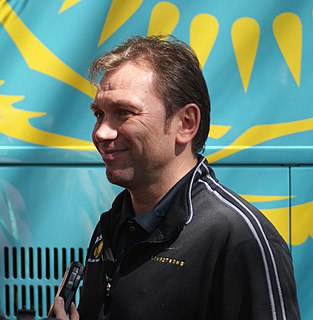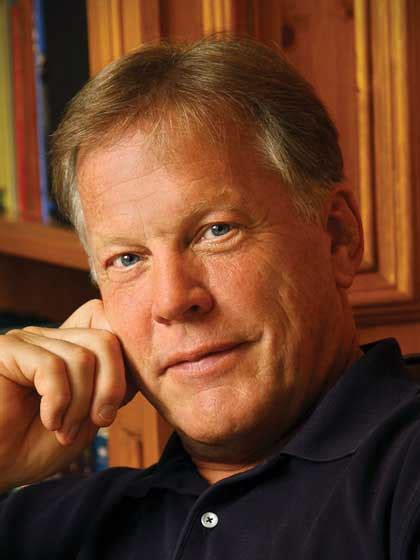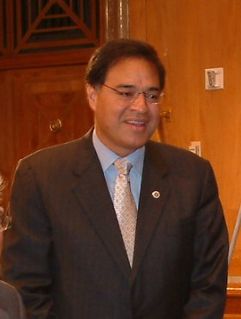A Quote by Frank Luntz
Ideology and communication more often than not run into each other rather than complement each other. Principle and communication work together. Ideology and communication often work apart.
Quote Topics
Related Quotes
COMMUNICATION: If I had to pick a first rule of communication-the one practice above all others that opens the door to connecting with others-it would be to look for common ground. Too often people see communication as the process of transmitting massive amounts of information to other people. But that's the wrong picture. Communication is a journey. The more that people have in common, the better the chance that they can take that journey together.
A human moment is a term I invented to distinguish in-person communication from electronic. Human moments are exponentially more powerful than electronic ones. I mean face-to-face, in-person contact and communication. I have identified several modern paradoxes and the first is that, for various reasons, we have grown electronically superconnected but we have simultaneously grown emotionally disconnected from each other.
Every work of art (unless it is a psuedo-intellectualist work, a work already comprised in some ideology that it merely illustrates, as with Brecht) is outside ideology, is not reducible to ideology. Ideology circumscribes without penetrating it. The absence of ideology in a work does not mean an absence of ideas; on the contrary it fertilizes them.
......the interesting thing was that the Roman Catholic monks and the Buddhist monks had no trouble understanding each other. Each of them was seeking the same experience and knew that the experience was incommunicable. The communication is only an effort to bring the hearer to the edge of the abyss; it is a signpost, not the thing itself. But the secular clergy reads the communication and gets stuck with the letter, and that's where you have the conflict.
Effective communication is fascinating to me yet bad communication is just as fascinating. There are lessons to be learned from both. I can't say I am a natural communicator, it's taken a lot of work to be able to develop content relevant to the audience and deliver it with credibility. My initial natural ability tended to be more around the visual display of information. For years I was more comfortable visualizing other people's great thinking. I preferred to be hidden behind the curtain than a thinker myself.


































